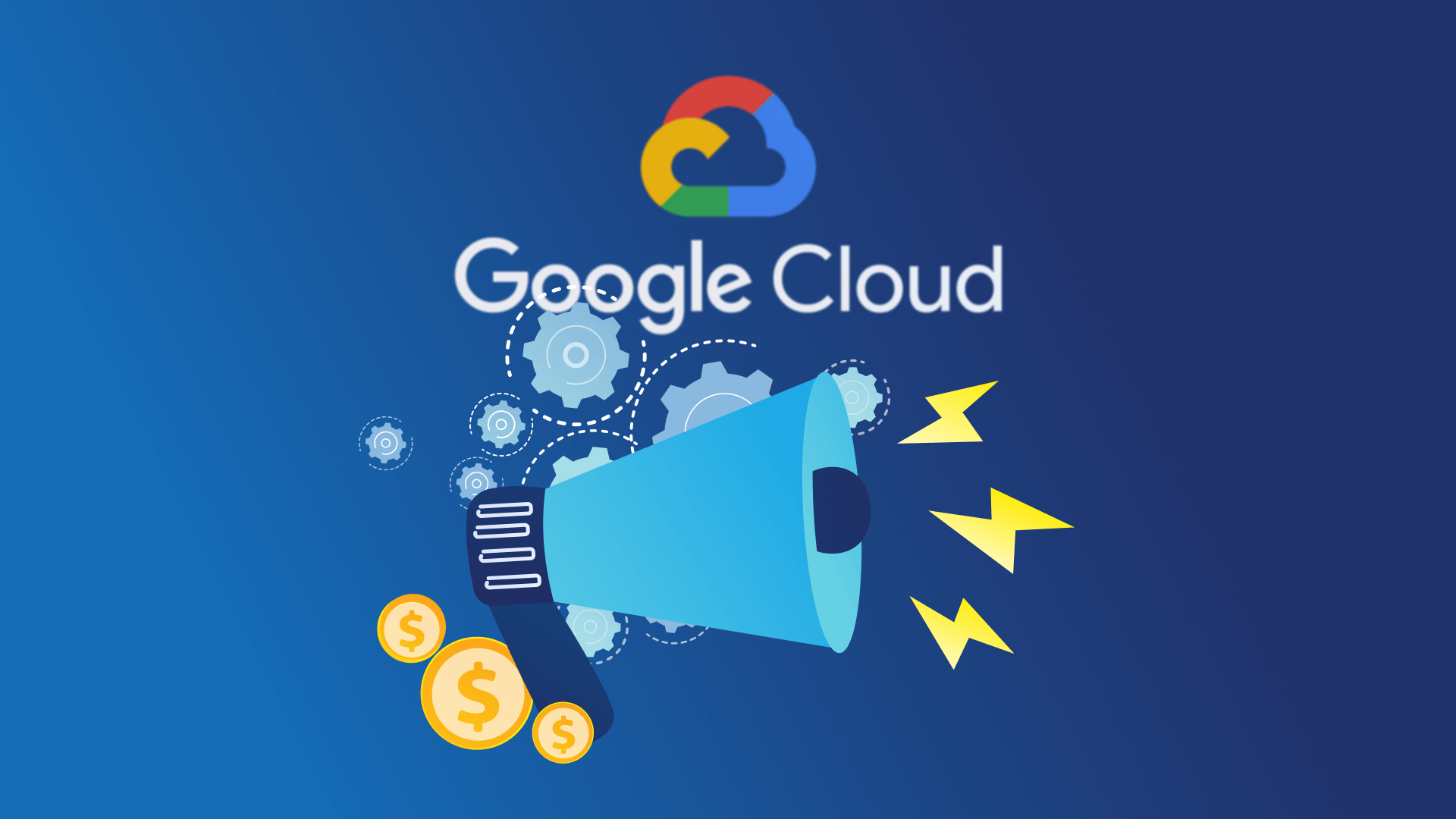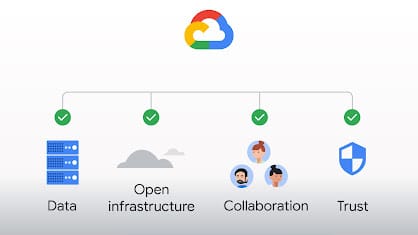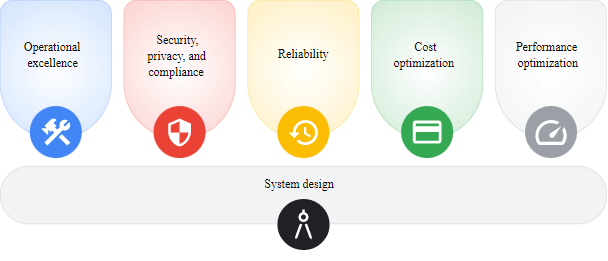The world is changing fast. In the past, marketers had to rely on intuition to understand their customers. Today, they can use the tools to collect and analyze customer data and make decisions based on facts. This allows us to make faster, smarter, simpler and more effective decisions. Let’s look at how cloud marketing can help us in our marketing efforts.

What is Cloud for marketing?
Cloud marketing has created a new opportunity and a new dimension for marketeers. It offers us IT solutions for our marketing efforts. It allows us to create personalized experiences from our customers’ data.
Let’s assume that you’ve a store that sells outdoor gears.
A potential customer named Mike saw a 10% discount advertisement on sleeping bags in your store. Then, he bought a sleeping bag from you to use at summer camps. When the weather got colder, Mike realized that he couldn’t use this sleeping bag in cold weather and decided to buy another sleeping bag that was suitable for winter. While doing so, he came across a new advertisement for your store. This ad was about a 40% discount on the sleeping bag for summer.
First, this was an advertisement for a summer sleeping bag that he’d already purchased. Second, he felt foolish and annoyed that he’d missed out on this great discount because he bought it at a higher price. As a result, this whole user experience isn’t good for your brand’s reputation.
If you’d a database of your customers’ purchases, you could make smarter predictions. For example, you’d have known that Mike had already bought a summer sleeping bag from your store. As winter approaches, you’d have guessed that Mike might need a winter sleeping bag. Therefore, you could make him a personalized advertisement. The right discount or promotion at the right time makes it easier to complete your customer’s buying journey. And he’d probably buy it from you. Mike would be a happy and loyal customer of your brand.
In short, Cloud marketing ensures that you’ve satisfied and loyal customers.

Why is it important for your marketing strategy?
Retailers using Cloud for marketing can gain advanced insights about their customers and take the right actions on the right data. Thanks to Cloud, your chances of success in gaining the right insights about your customers are sky-high. With Cloud, you can do real-time targeted advertising and marketing based on customer behavior, feedback, or competitor actions.
- The data pool allows you to take a holistic look at your marketing process. It becomes obvious what works and what doesn’t.
- With the right insights, you can optimize your marketing efforts better.
- With the valuable insights you’ve gained, you can create an effective roadmap.
- All of this leads to you getting positive results in a short span of time.
- It helps you build lifelong and reliable relationships with your customers.
- Makes it easy to overcome the challenges of marketing analytics.
Google Cloud use cases for marketing
People expect brands to offer them personalized experiences. If you don’t, your customers will think that your brand sees them as just a number. This creates a wall between your customers and your brand.
On the other hand, if you listen to your customers and build your marketing strategy based on real-time data, you’ll succeed shortly. With intelligent real-time data, you can double the performance of your campaign. The result is that your brand grows quickly and makes more sales.
Now, I’d like to share the stories of some brands that are using Google Cloud for their marketing strategies.

Twitter was collecting more and more user data in its own data center. At some point, the data system reached its limits. It had difficulty structuring the data and adding new features to it. At the same time, the situation became expensive, and it was no longer able to handle large requests.
Ultimately, The Twitter Revenue Data Platform engineering team opted for Google Cloud, which offers a flexible and scalable system to handle the expected growth in user numbers and facilitate the development of new functions.
Six months after fully transitioning its ad analytics data platform to Google Cloud, Twitter is starting to see positive results. The company can now configure existing data pipelines easier and create new features quickly. Higher processing speed and ingest capacity improved the real-time data pipeline and increased reliability.
Altavia
Altavia was founded in 1983 and provides marketing and publishing services. It works with global companies such as Coca-Cola, Decathlon, and Samsung. They wanted to expand their customer relationships as well as increase their sales. Therefore, Altavia decided to work with Google Cloud to improve the performance and reliability of its infrastructure. Then, they started automating their operations and developing data-driven solutions.
With Google Cloud, system crashes were reduced by up to 90 percent. The more system crashes, the less your customers trust you. At the same time, they reduced delays by 30 percent and were able to serve their customers faster.
They needed to know their own customers well to help them sell. For this reason, they collected data about their customers at a center in Paris. However, their system has been the same since 2005. For growing companies, this can become a threat. That’s why they prefer to work with Google Cloud. They wanted to become stronger.
Blue Apron
Blue Apron is a New York-based meal kit delivery company. So, it’s essential for the company to deliver food at the right time and at the right price. It’s also a priority to deliver meals to customers fresh and on time.
Unfortunately, there were issues with the previous cloud provider in managing a large amount of data. They decided to work with Google Cloud to be more responsive to food inventory. Once Google implemented BigQuery and Looker, operations became more efficient. Query times dropped exponentially. It also helped them make real-time business decisions to better manage food inventory and delivery. Customer service was optimized with faster insights. Of course, all these improvements also had a positive impact on the budget.
Conclusion
In marketing, you can’t rely on luck. Moreover, customers’ needs and wants aren’t fixed. By predicting their next behavior, you need to give them with a customizable experience. Otherwise, you’ve no chance of success. This way, you can give your customers what they want.

